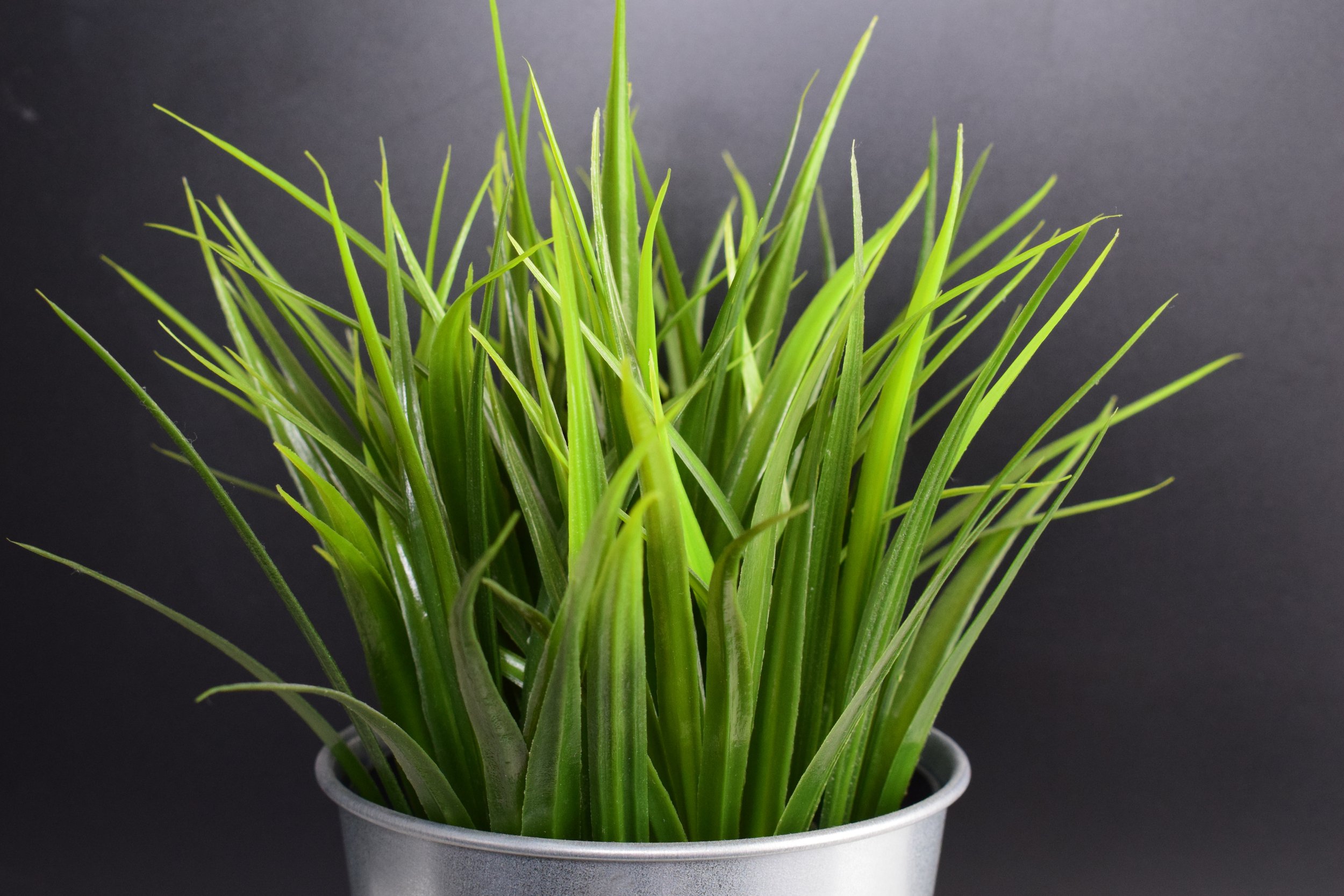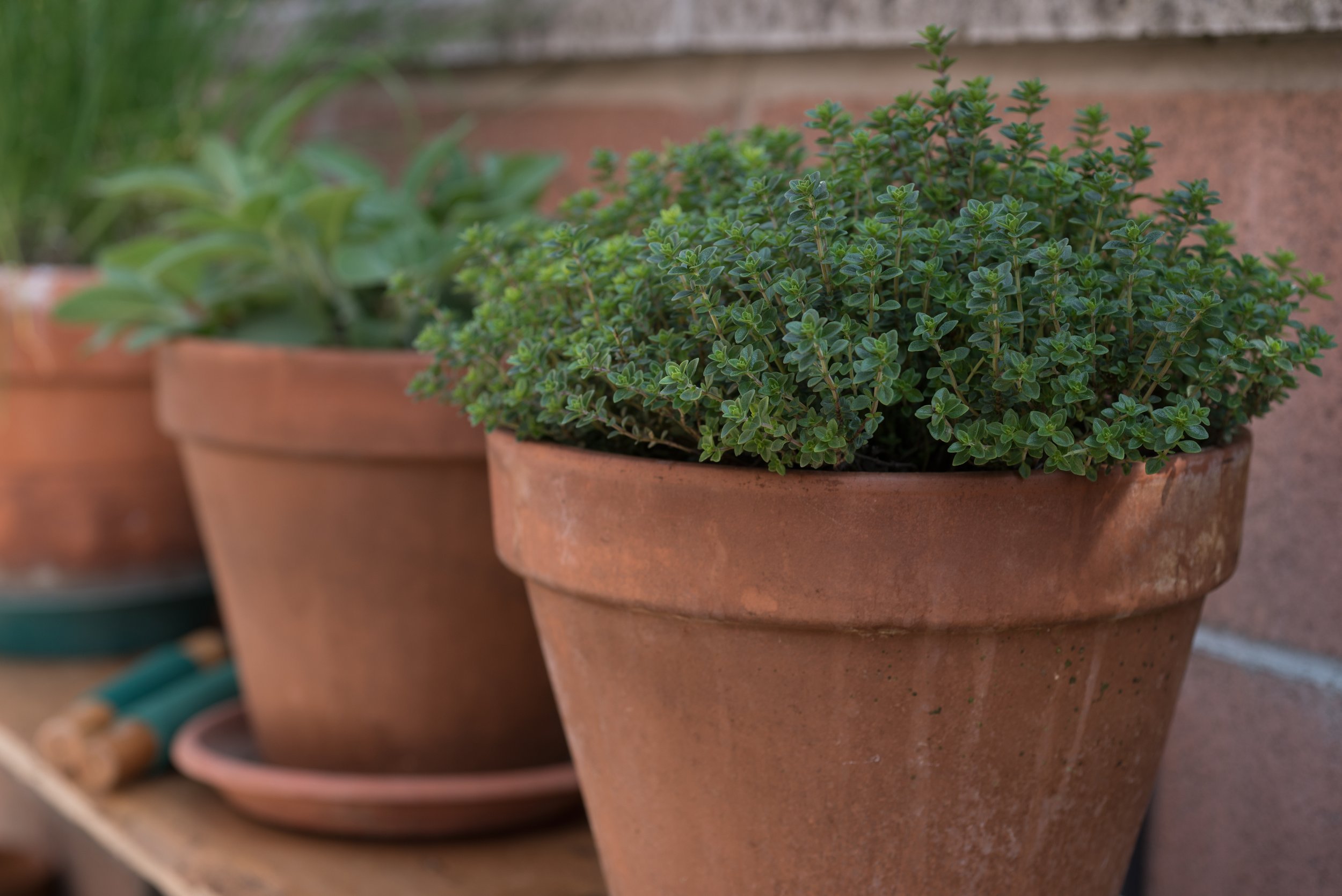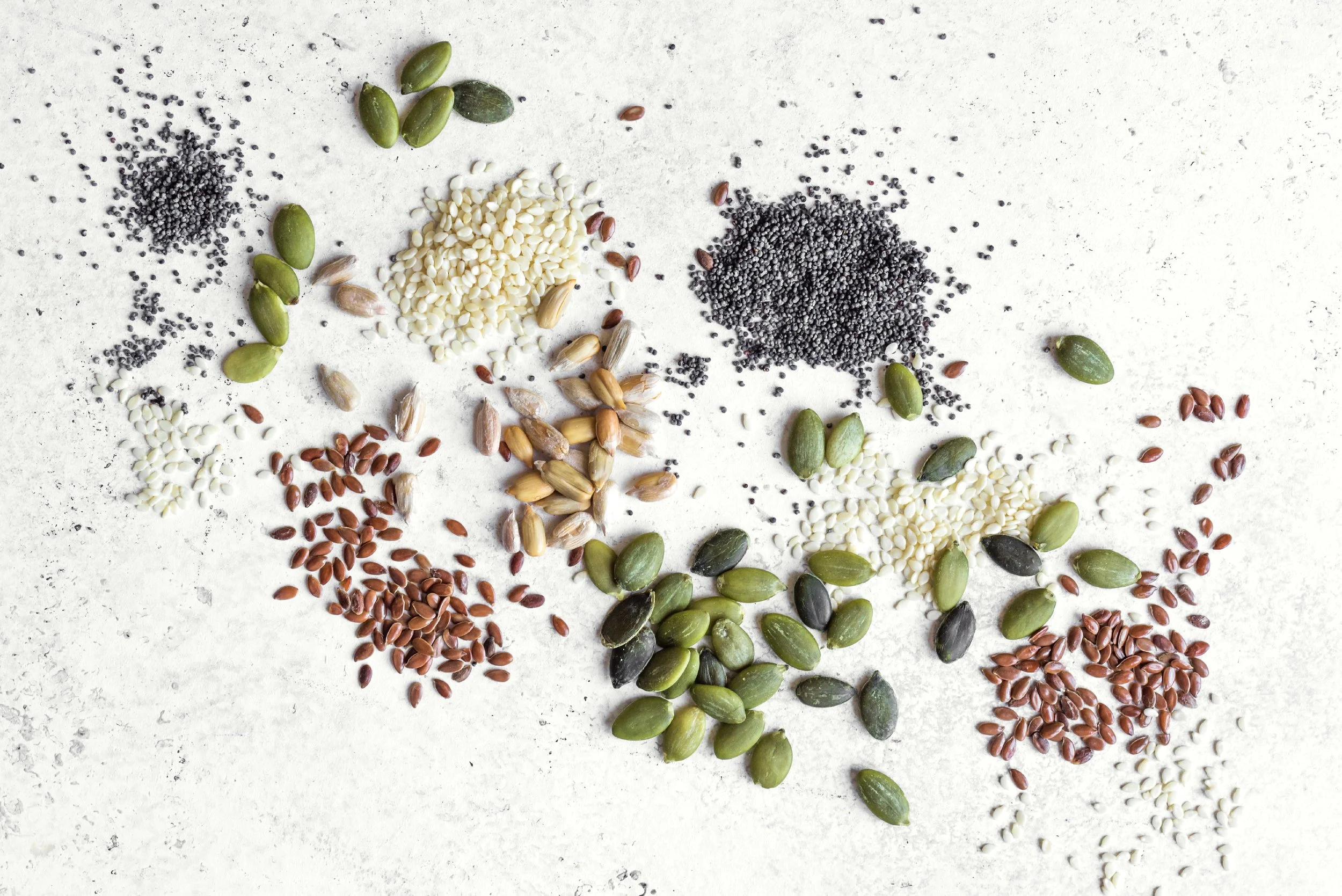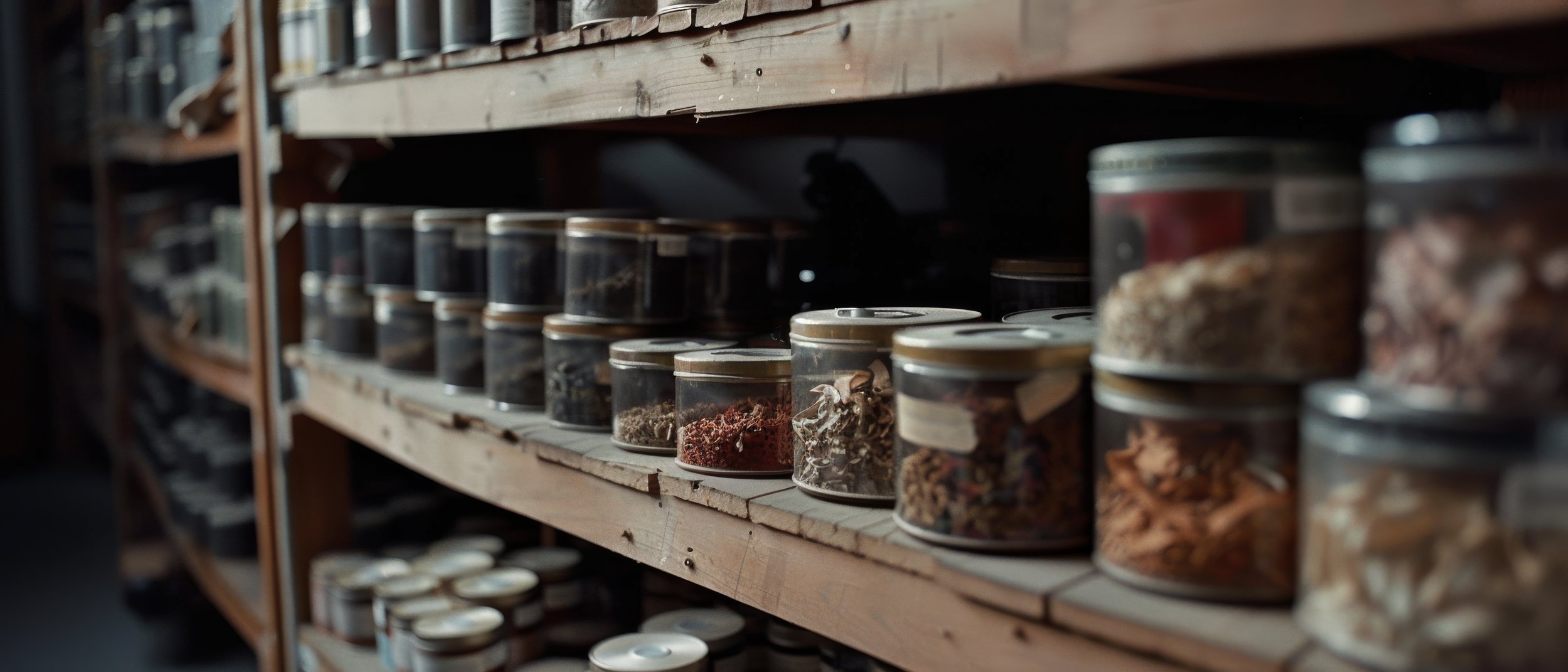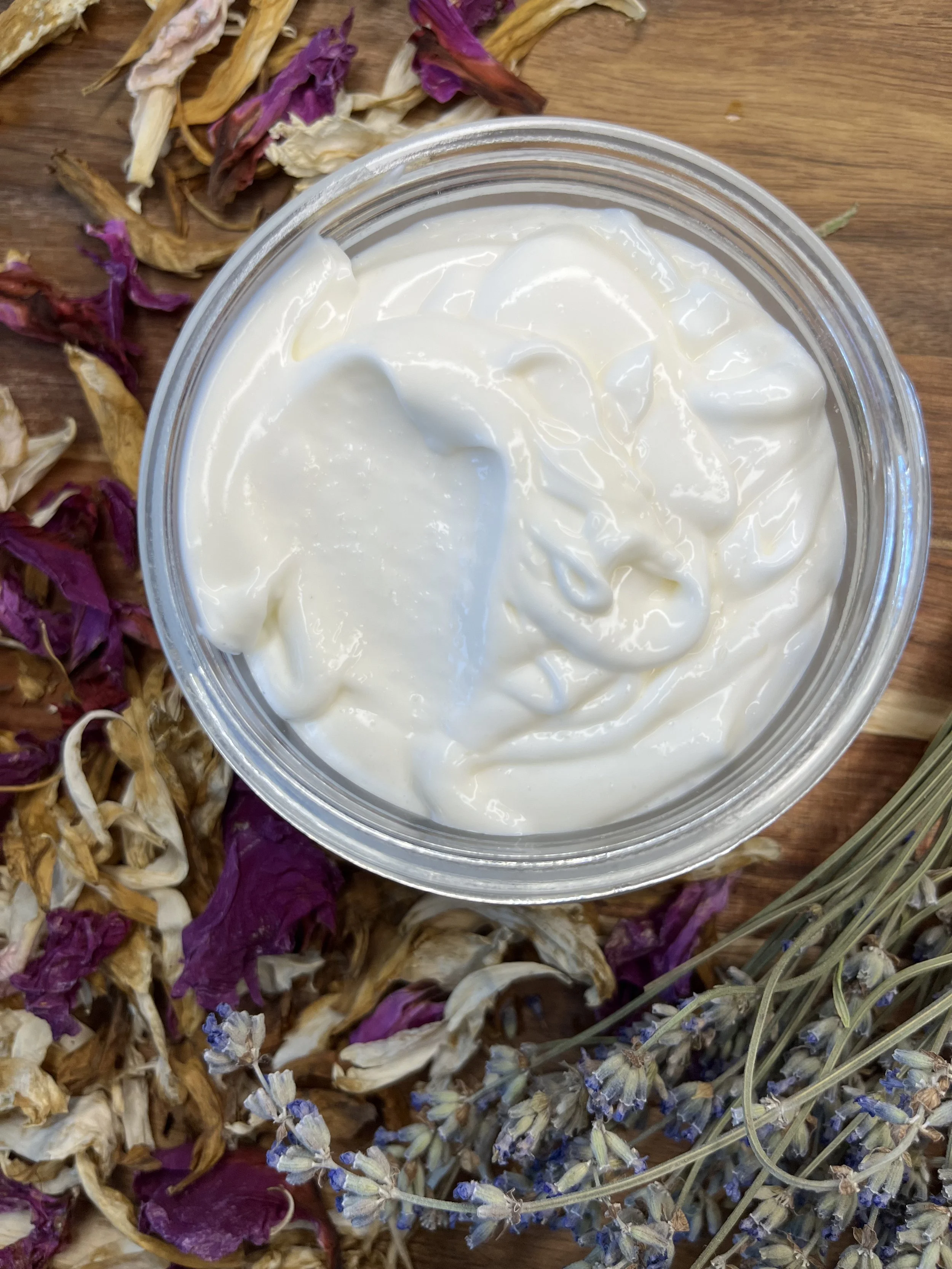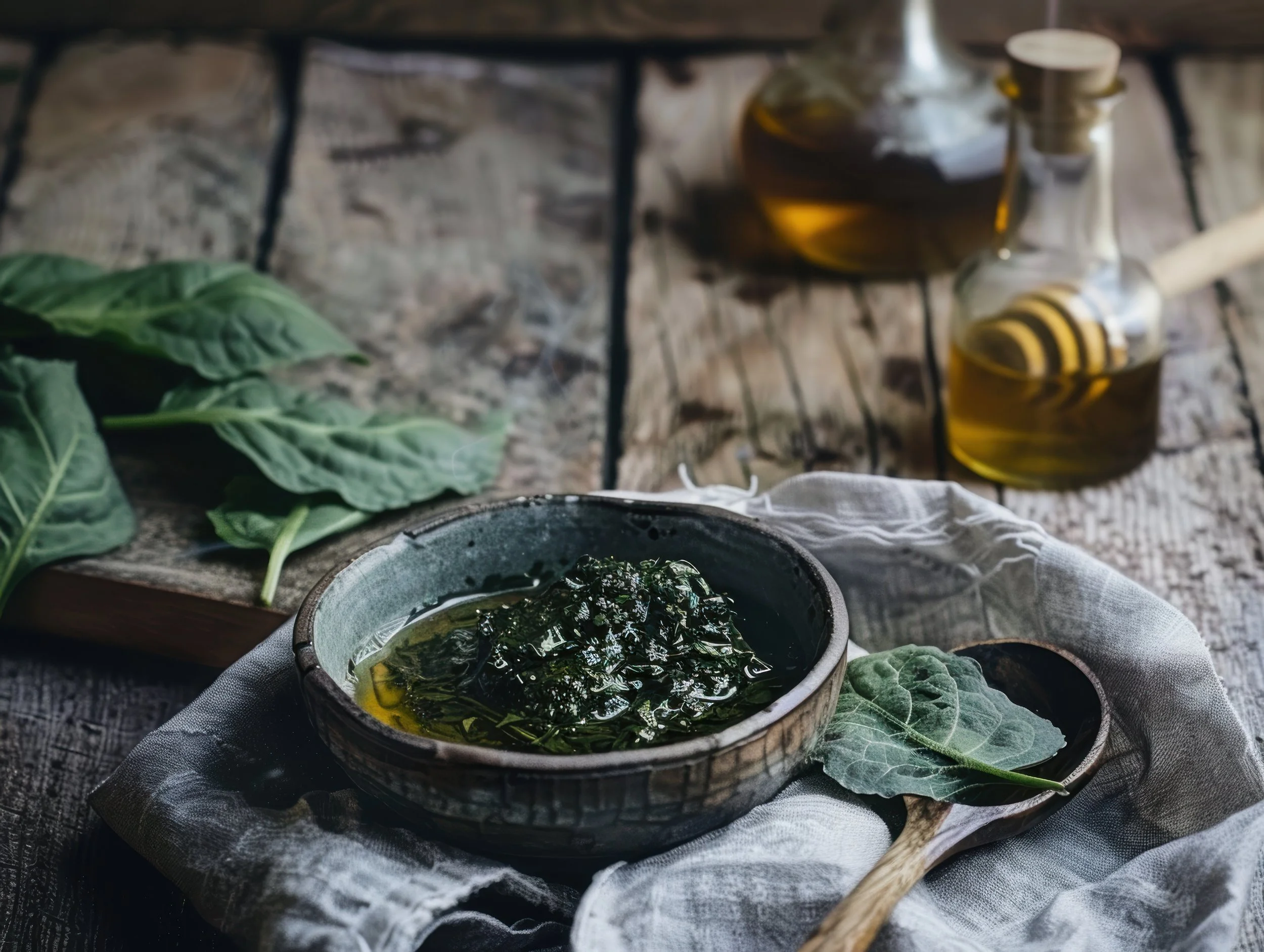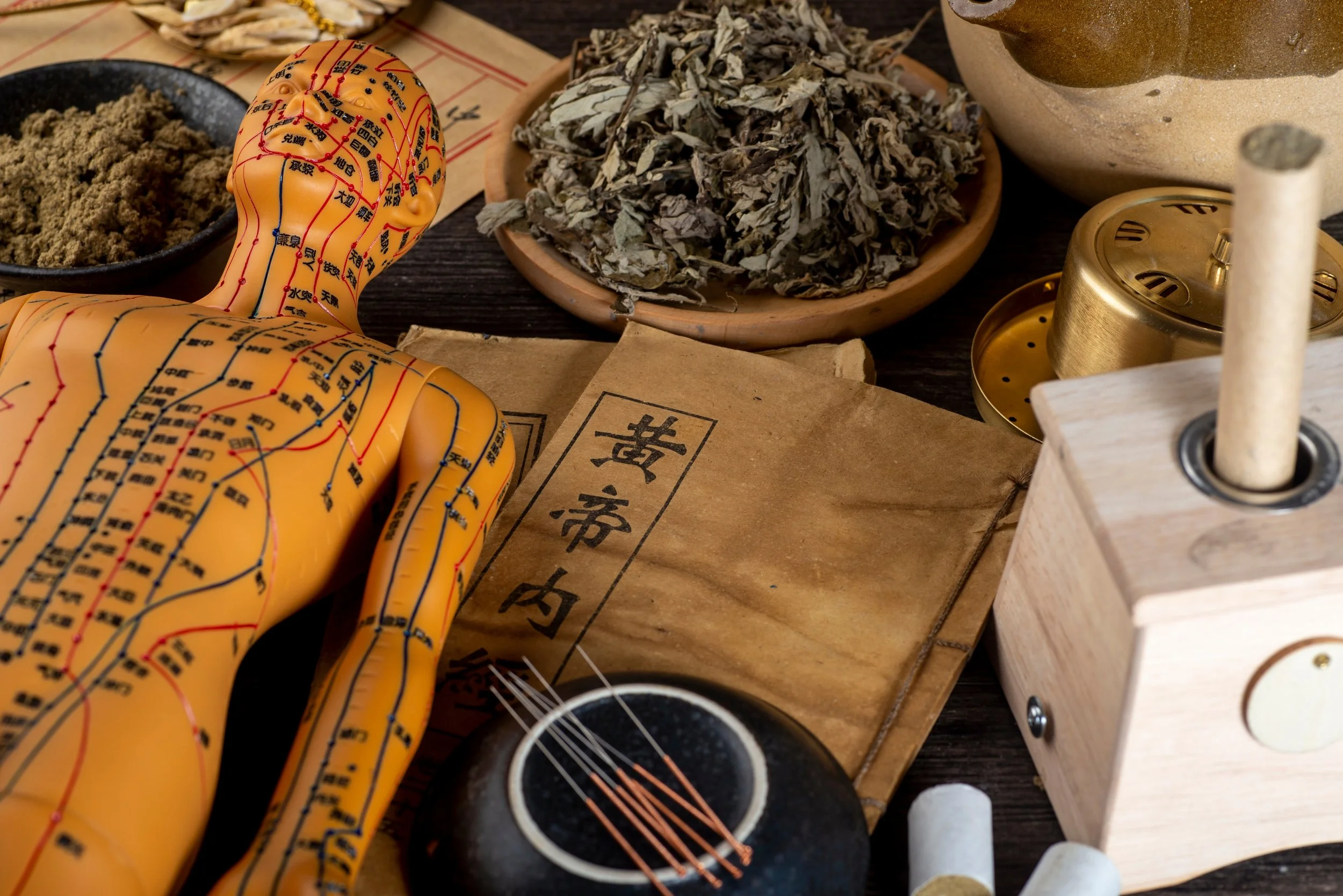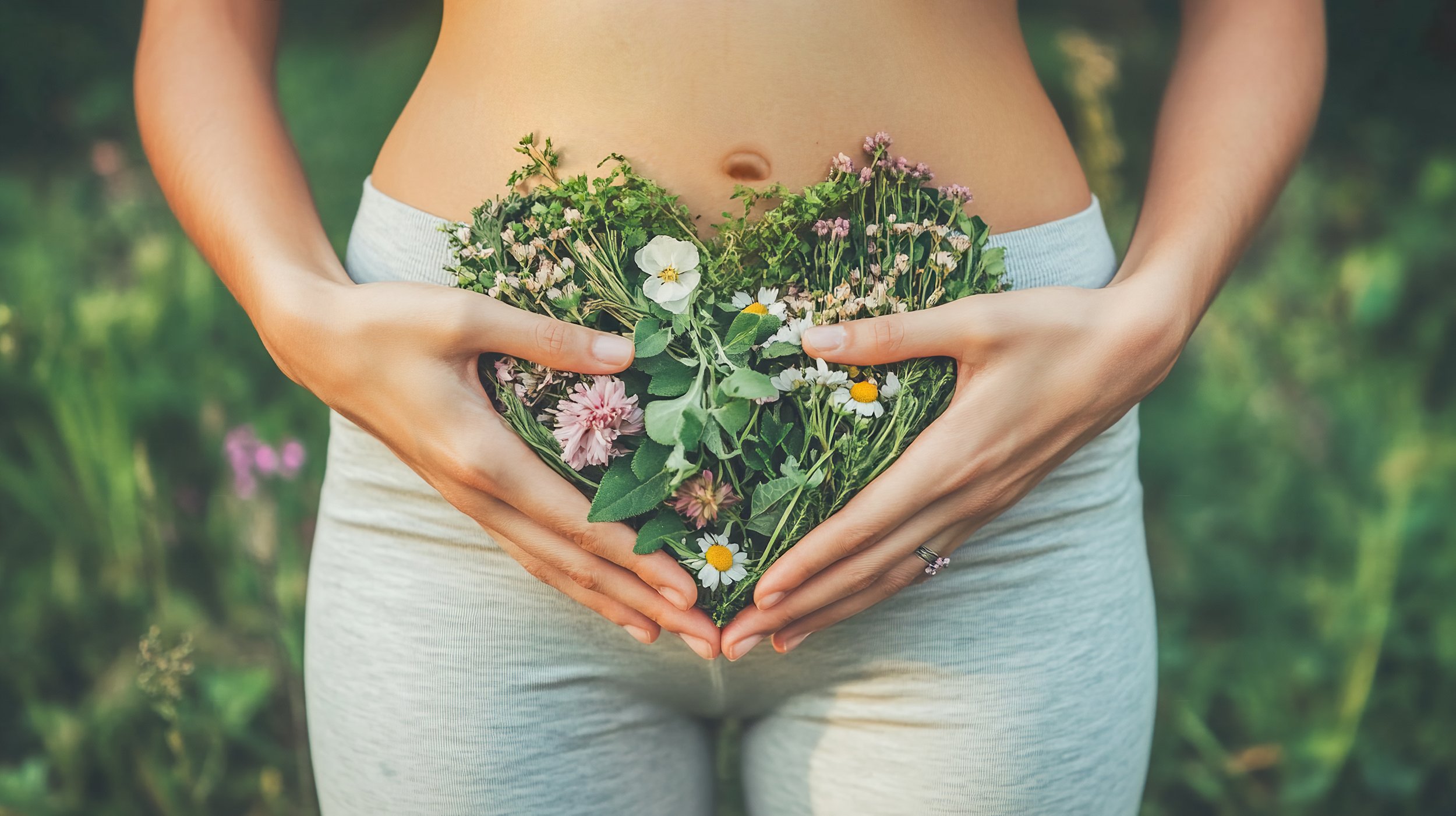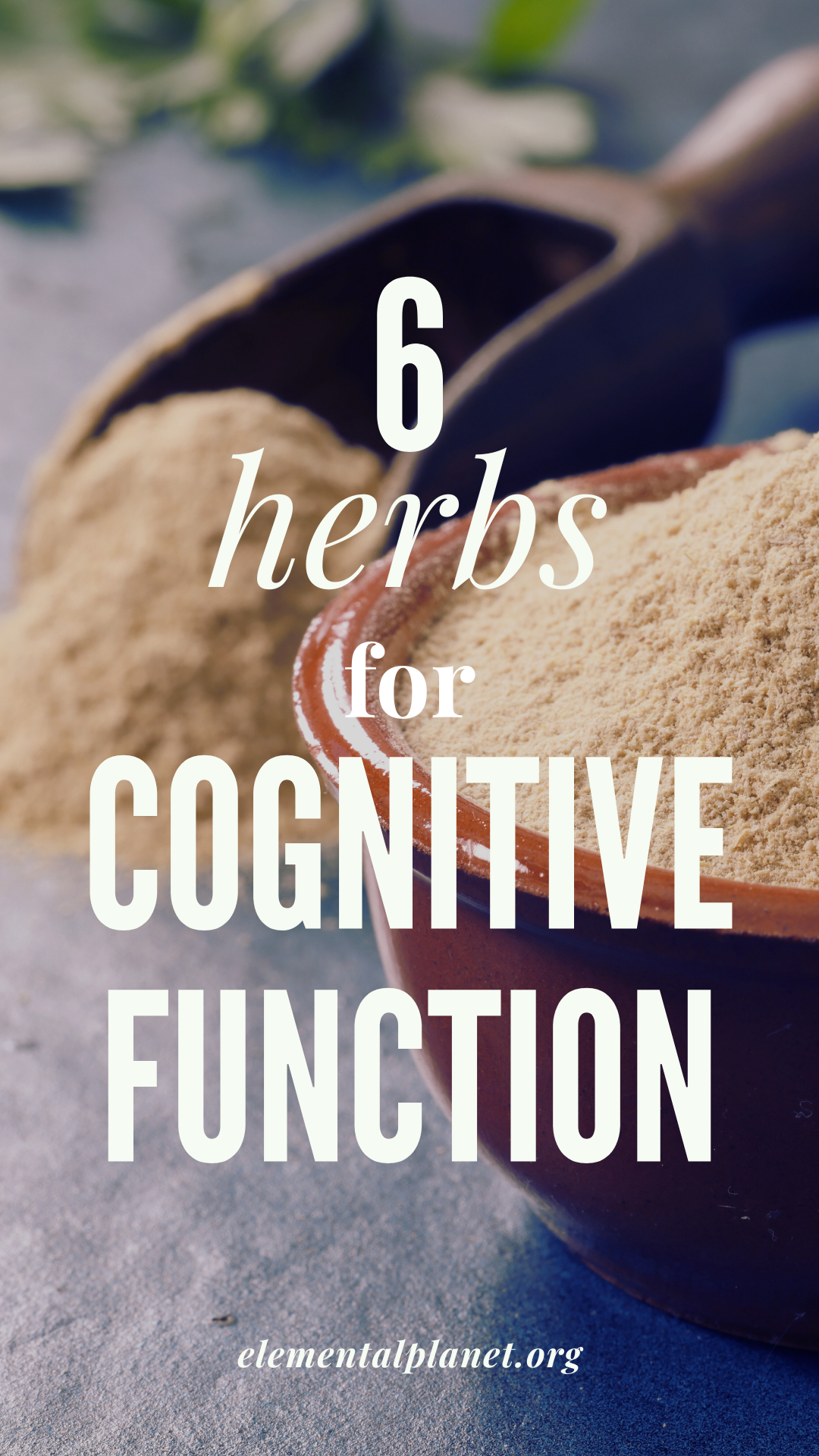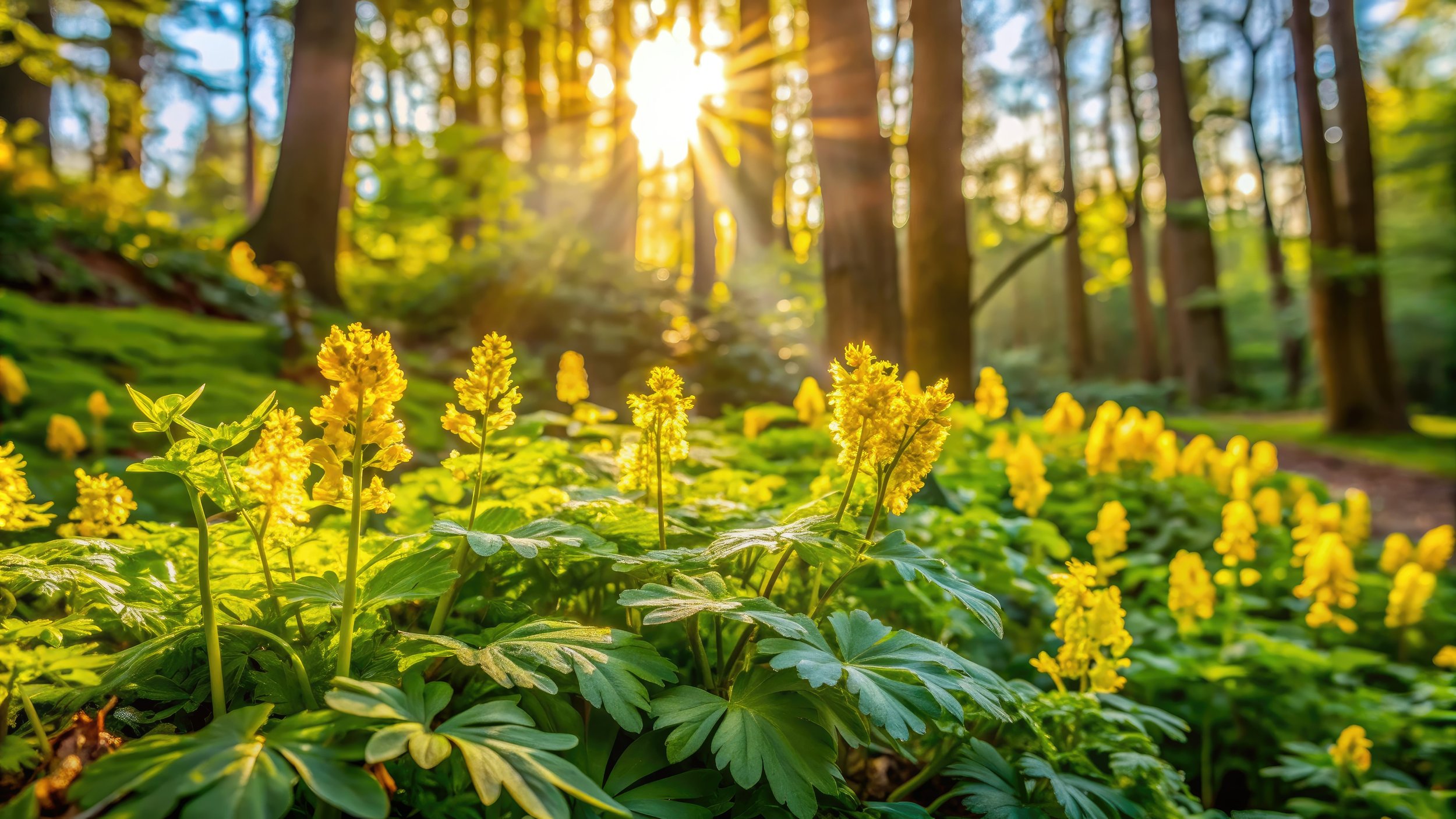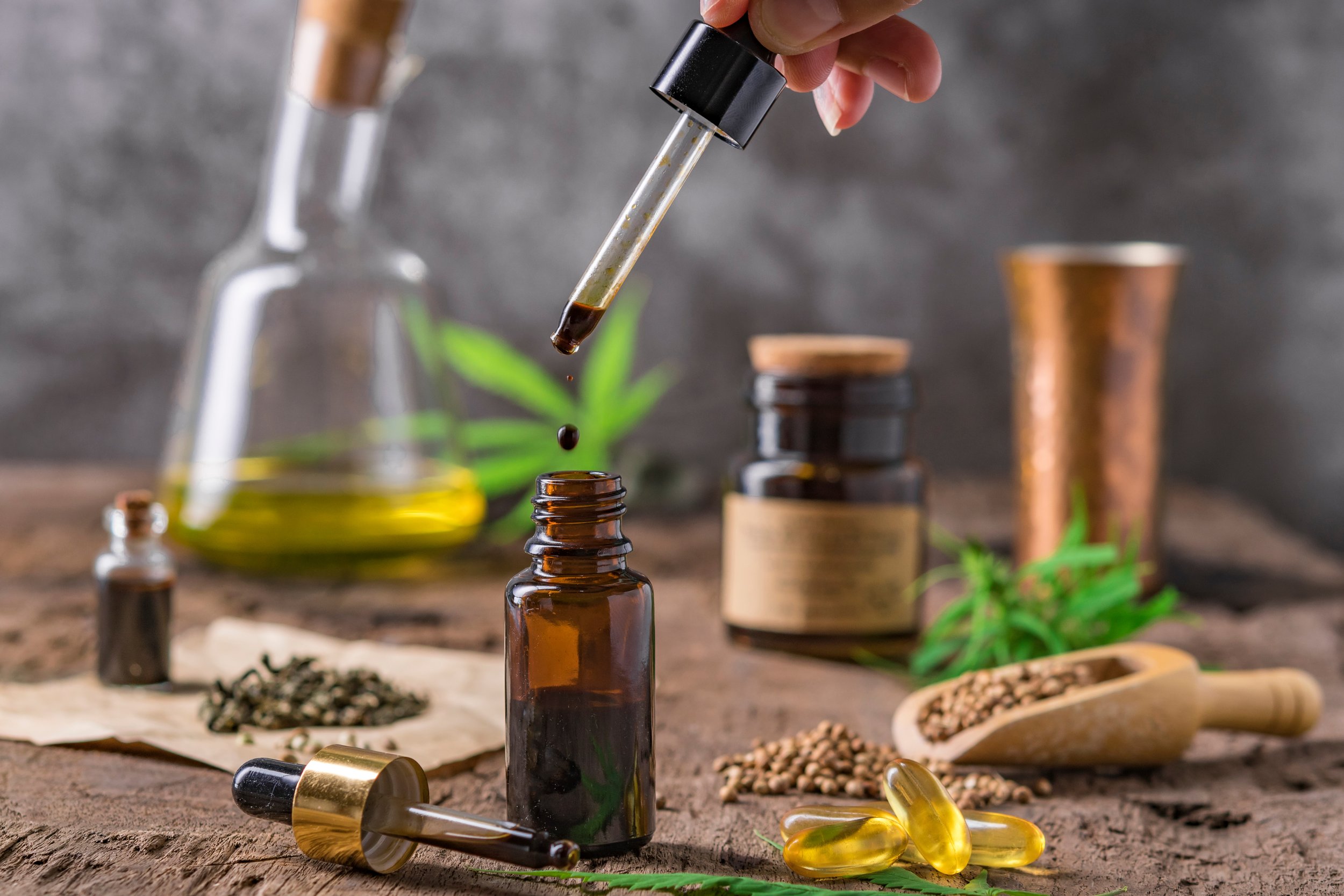How to Grow Herbs Indoors: Tips for Successful Indoor Herb Gardening
Potted herbs
Herbs are lovely plants to grow, but sometimes we may not always have an outdoor space to do so. Bringing the plants inside is a great option for those who still want to flex their green thumb but may not have the yard to do it on a large scale. Here are some important considerations when setting up an indoor garden:
Pot Size
The size of your pot will impact the yield of the plant. If you are only harvesting herbs for seasoning and other culinary needs, smaller pots will suffice. However, if you intend to harvest frequently, use a larger pot to ensure the plant has plenty of room to grow.
Soil
Ensure that your soil is well-drained. Adding a layer of gravel or other rocks can help with drainage, as well as supplementing your potting soil with a bit of sand. Always research the specific soil needs of the plant you intend to grow to create optimal conditions.
Light
One challenge of growing plants indoors is ensuring they receive adequate sunlight. To supplement natural sunlight, use grow lamps that mimic the sun's UV spectrum. This allows the plant to thrive even during less sunny seasons, like winter.
5 Herbs to Grow Indoors
These five herbs thrive in low light conditions, making them perfect for indoor gardening. Happy growing!
Chives
Chives prefer well-drained soil with plenty of organic matter. Add a little compost if available. Ensure they receive as much light as possible, and supplement with grow lights if needed.
Lemon Balm
Lemon Balm also prefers well-drained soil, so only water when the soil no longer feels damp. Place it in a window with ample sunlight and turn the plant periodically to ensure all leaves get some light.
Oregano
Oregano thrives in a pot with good drainage. Adding perlite or other porous materials can assist in keeping the soil well-drained. South-facing windows tend to get the most sunlight, so try to place oregano in these windows.
Parsley
Parsley likes humidity and soil with ample drainage. Since your plants won't experience rain indoors, mist them from time to time to keep their leaves from drying out.
Thyme
Thyme prefers its roots to remain dry and not soggy. Allow the soil to dry out as much as possible between waterings.
Growing herbs indoors is a rewarding way to enjoy fresh herbs year-round, even without outdoor space. By considering pot size, soil quality, and lighting, you can create a thriving indoor herb garden. Try growing chives, lemon balm, oregano, parsley, and thyme to get started. Happy gardening!


